Massive Antarctic Ice Shelf Will Disappear Completely in a Few Years, According to NASA
ThinkProgress

“Although it’s fascinating scientifically to have a front-row seat to watch the ice shelf becoming unstable and breaking up, it’s bad news for our planet. This ice shelf has existed for at least 10,000 years, and soon it will be gone.”

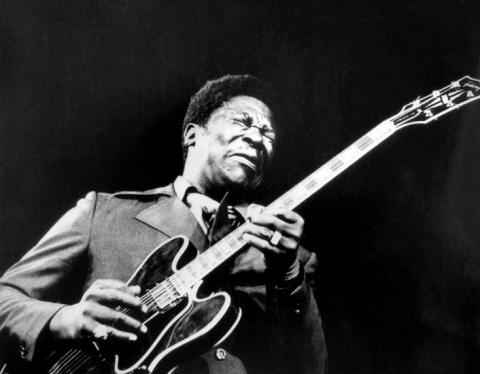
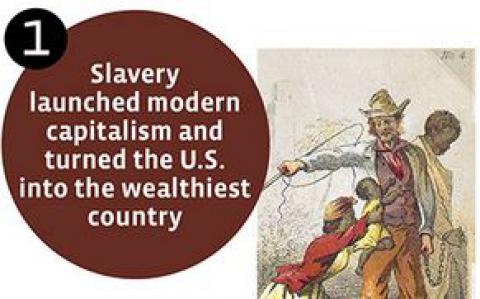
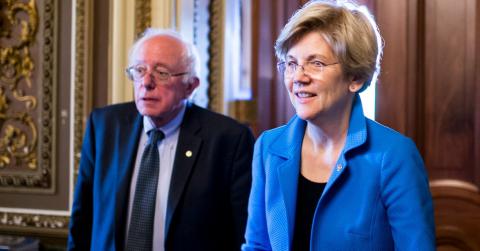
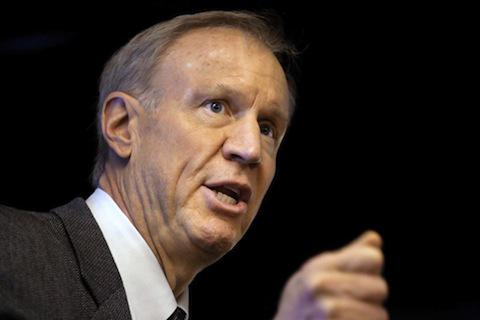
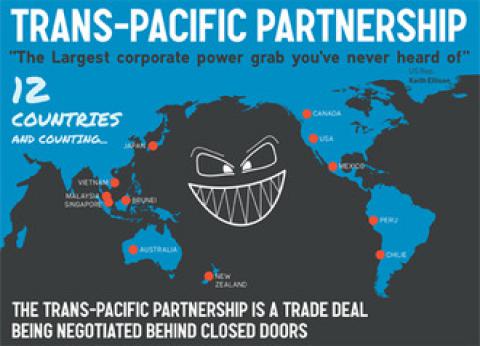
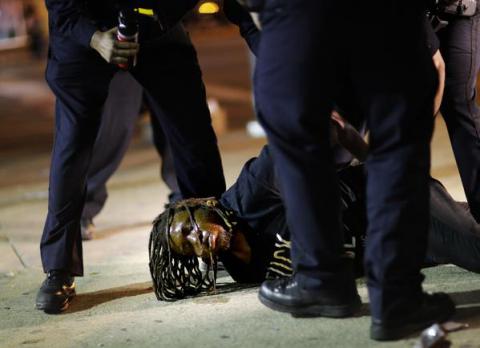

Spread the word